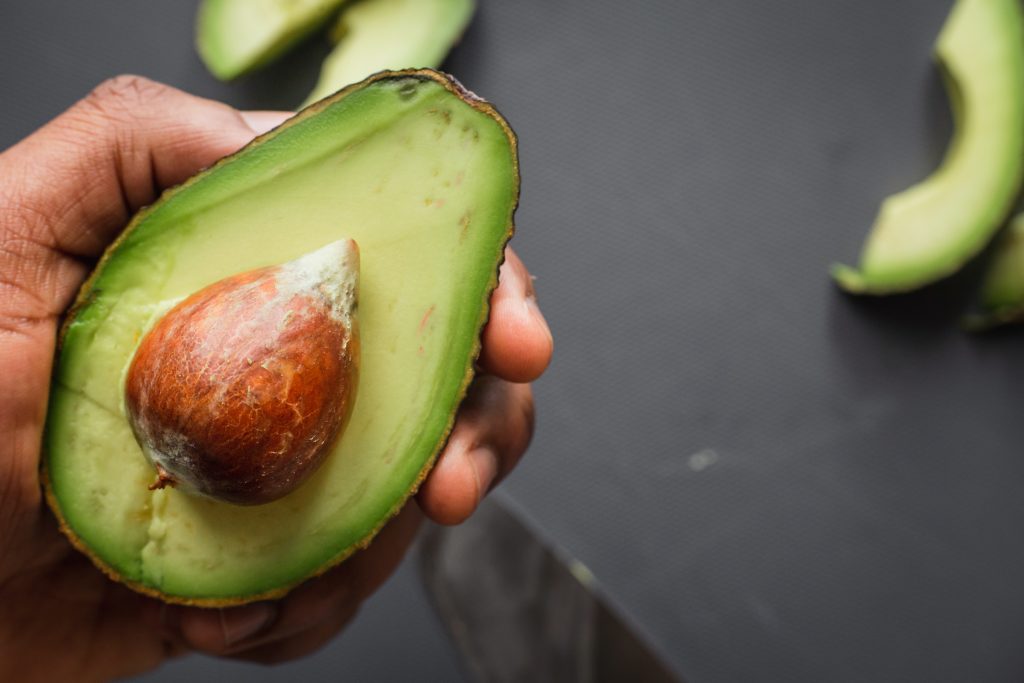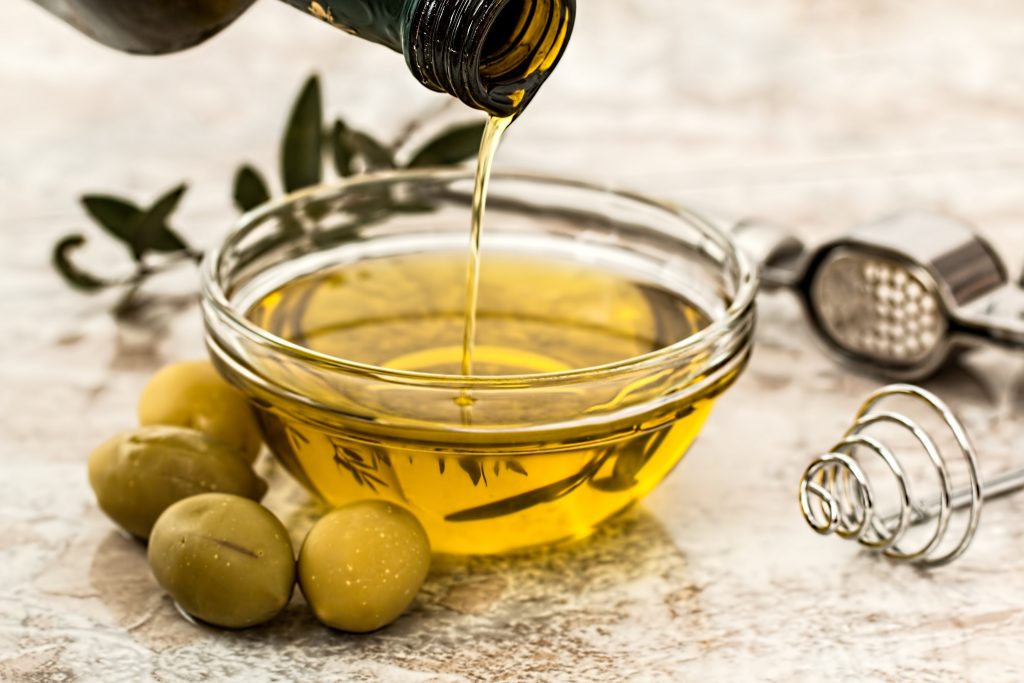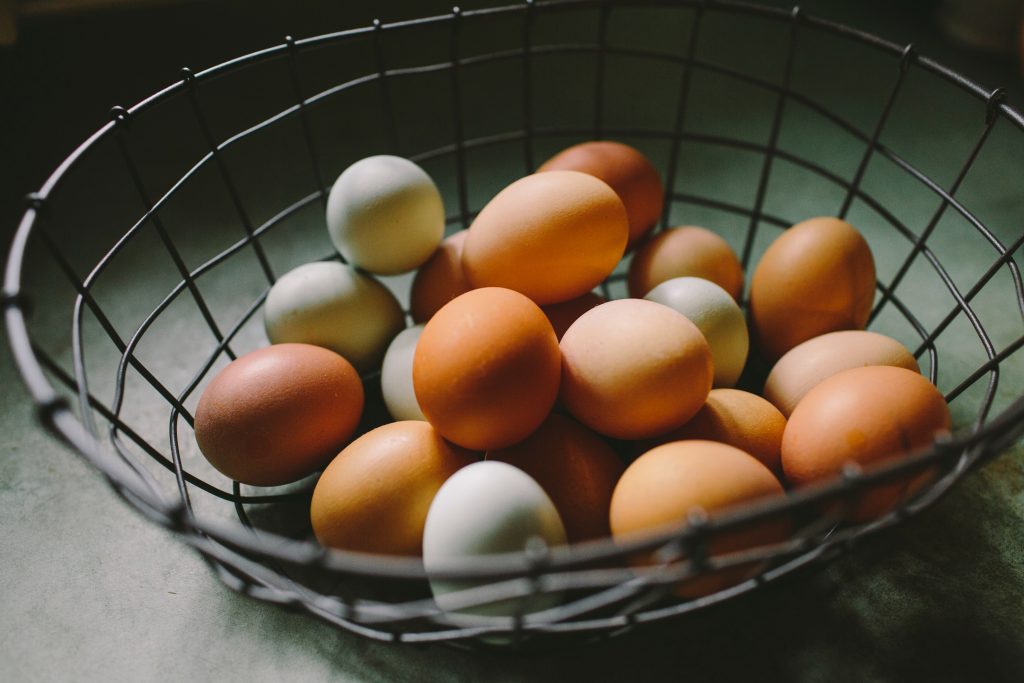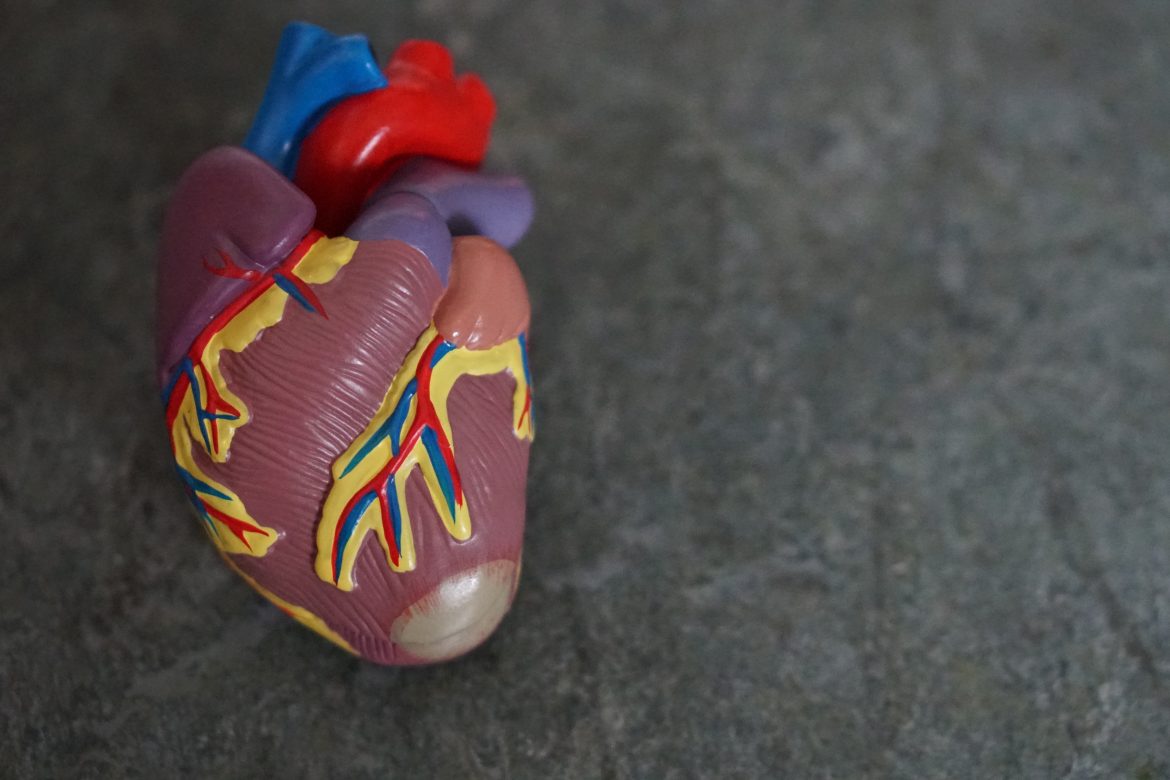When you think of cholesterol, you might immediately think of negative connotations. However, not all cholesterol is actually bad. The trick is striking a balance. As such, knowing how to lower cholesterol can be essential to maintaining a healthy lifestyle. It’s also worth noting that there are methods on lowering your cholesterol naturally, without the use of any pills. Although pills can make things easier, some people may prefer a more natural approach to lowering cholesterol levels.
First, though: what is cholesterol?
Defining Cholesterol
To reiterate, the term “cholesterol” should not necessarily connote anything bad. On the contrary, ‘bad’ cholesterol isn’t actually as bad as you might think it is. We all require some cholesterol in our bodies to keep us going, after all. But, having too much can lead to clogging in your arteries and may eventually lead to health problems in the future.
Cholesterol is a waxy, fat-like chemical substance or compound that is present in every cell of your body. Essentially, it is a type of fat found in your blood. Cholesterol is produced by the liver, but it can also be introduced to your body via the foods you eat. Furthermore, as it is a lipid, cholesterol is necessary for different body functions. These include producing hormones, digesting foods, and generating vitamins for your body.
What are the Different Types of Cholesterol?
Cholesterol is primarily classified under two types: Low-Density Lipoprotein (LDL) and High-Density Lipoprotein (HDL). Take note that lipoproteins are what carry cholesterol and triglycerides (another type of lipid) through your bloodstream.
Low-Density Lipoprotein
LDL is responsible for the distribution of all fatty molecules around the body that comes in the form of extracellular water. Think of it as the “bad cholesterol.” Why? Because when there’s an excess of LDL in your blood, it can build plaque (or atheroma) in the inner walls of your arteries. This can be dangerous, as blocked arteries can hinder the natural blood flow of your body. LDL can also contribute to atherosclerosis if it is oxidized within the walls of the arteries.
Furthermore, plaque buildup can narrow your arteries. This can make them less flexible and may consequently constrict the amount of blood they can deliver. The more your arteries narrow and harden due to plaque, the less blood can pass through. This may lead to a lack of nutrients in your body as well.
With all that said, LDL cholesterol is still a necessary lipoprotein, despite all the aforementioned risks. What’s important is to maintain a healthy amount of LDL levels in your body. It’s only considered the “bad cholesterol” when there is an excess of it.
How to Lower LDL Cholesterol
Don’t worry if your cholesterol levels are out of balance. There are ways to go about lowering your LDL levels, particularly if you make some changes to your diet. Notably, there are certain foods you can incorporate into your healthy diet that may help you learn how to lower your cholesterol. These include:
- Avocados
- Dark chocolate
- Beans
- Oats
- Whole grains
- Nuts
- Soy
- Fatty fish like salmon, sardines, and halibut
- Fruits (particularly pears, apples, strawberries, and citrus fruits)
- Vegetables like eggplant and okra


You may also consider drinking a glass of red wine. This may sound counterintuitive, but red wine contains resveratrol, which may lower your LDL levels and reduce the risk of blood clots. However, as with many things, drinking red wine should be done in moderation. Don’t overdo it, especially when you want to know how to lower bad cholesterol.
Drinking tea is also another great option when you want to know how to naturally lower cholesterol. Go for black tea and green tea, as they are full of antioxidants that may help lower cholesterol levels.
High-Density Lipoprotein
In contrast to LDL cholesterol, HDL cholesterol is often referred to as the “good cholesterol.” This is because high HDL levels may help reduce the risk of having a heart attack. Additionally, HDL helps carry cholesterol away from the arteries and back to the liver.
On the other hand, low HDL levels may actually increase the risk of plaque buildup and heart disease. As is the case with LDL, it’s all about striking a balance with your HDL levels as well.
Triglycerides
Triglycerides are also referred to as Very-Low-Density Lipoprotein (VLDL). They are a form of fat made in the body. Notably, elevated triglycerides may be caused by several factors, such as cigarette smoking, diabetes, being overweight or obese, or a high carbohydrate diet. Other factors may include physical inactivity and excess alcohol consumption as well. High triglycerides may translate to high cholesterol levels overall. This includes high LDL levels and low HDL levels.
How to Lower Cholesterol Naturally
Now that we’ve covered the different types of cholesterol, there’s now the matter of lowering it to a much healthier level. There are different approaches to go about this, and changing your diet won’t be the only option. Although, changes in your diet can indeed translate to better heart health overall!
Go for Olive Oil


One dietary change you can make is to switch out your cooking oil with some olive oil. Olive oil has a lot of healthy fats, which can help lower LDL levels. We recommend going for extra virgin olive oil, as it contains more antioxidants and is less processed.
Avoid Trans Fats
Always be sure to read the nutrition labels on your foods. This can help you avoid trans fats, also known as “hydrogenated oils.” It’s important to take note of this, as trans fats aid in raising LDL levels while reducing HDL levels. Trans fats are pretty common in many processed foods, so be diligent about double checking those nutrition levels.
Opt for More Monounsaturated Fats
Low fat diets may aid in weight loss and may even reduce LDL levels, but they have a tendency to lower HDL levels as well. In contrast, a diet high in monounsaturated fats can protect HDL levels while lowering LDL levels. Furthermore, monounsaturated fats may help reduce the oxidation of plaque in your arteries.
Vegetables, fish, and nuts are rich in monounsaturated fats. Other sources of monounsaturated fats include avocados, canola oil, olives and olive oil, and nuts.
Exercise


Any heart healthy diet can benefit from some exercise. It goes without saying that regular exercise promotes better physical fitness and helps lower the risk of obesity. Exercise is also great for lowering LDL levels and increasing HDL levels in your body. Any type of exercise is better than no exercise, though we recommend longer and more intense exercise cycles to maximize the benefits of such physical activities.
Drink in Moderation
To reiterate, drinking alcohol – particularly red wine – can actually be beneficial to your health. The ethanol in alcohol can increase your HDL levels and may even lower your risk of heart disease. However, we must stress that while drinking alcohol may be somewhat beneficial to your health, there are still limits that need to be followed.
Be sure to limit your alcohol intake, as an excess of alcohol consumption can damage your liver. It could also increase your chances of being dependent on alcoholic drinks. As a rule of thumb, the ideal limit would be two alcoholic drinks a day for men, and one alcoholic drink a day for women.
Ditch the Smoking
Smoking in itself is a hazard to your health. On top of being harmful to your lungs, it can also negatively affect your LDL and HDL levels. According to one study, tobacco tar can damage immune cells, which in turn may accelerate the clogging of arteries in smokers. Fortunately, however, quitting smoking can still reverse these effects.
Try to Relax
Stress can be one factor in high cholesterol levels. As such, it’s best to ensure you’re in a relaxed state for the sake of your health. Learn how to meditate or perhaps practice yoga to help you loosen up.
High Cholesterol Foods


It goes without saying that when you want to learn how to lower cholesterol fast, it’s imperative that you avoid foods that are high in cholesterol. But, not all high cholesterol foods are all that bad. In fact, some of them are considered healthy for your cholesterol levels. Below is a list of high cholesterol foods that are actually healthy and nutritious:
- Cheese
- Eggs
- Shellfish
- Sardines
- Organ meats (like liver and heart)
- Full fat yogurt
- Pasture-raised steak
- Fruits and vegetables
- Whole grains
On the other hand, there are also some high cholesterol foods that you should avoid if you’re looking to lower your cholesterol levels. Some of them include:
- Processed meats
- Fast foods
- Fried foods
- Desserts and sweets
Now That You Know How to Lower Cholesterol Levels
Knowing how to lower cholesterol quickly is doable, so long as you have the diligence to make diet and lifestyle adjustments. This may be easier said than done, but with the proper modifications to your diet and habits – as well as a bigger effort to take better care of yourself – lowering your cholesterol without the use of any supplements will be in your grasp in no time.
DISCLAIMER:
We at CitizenSide do not claim to be doctors or health experts in any way. Our articles are meant to inform and educate. As such, though we aim to aid you on your fitness journey and direct you towards better health choices, we implore you to seek out professional help if you suffer from more serious health ailments.


